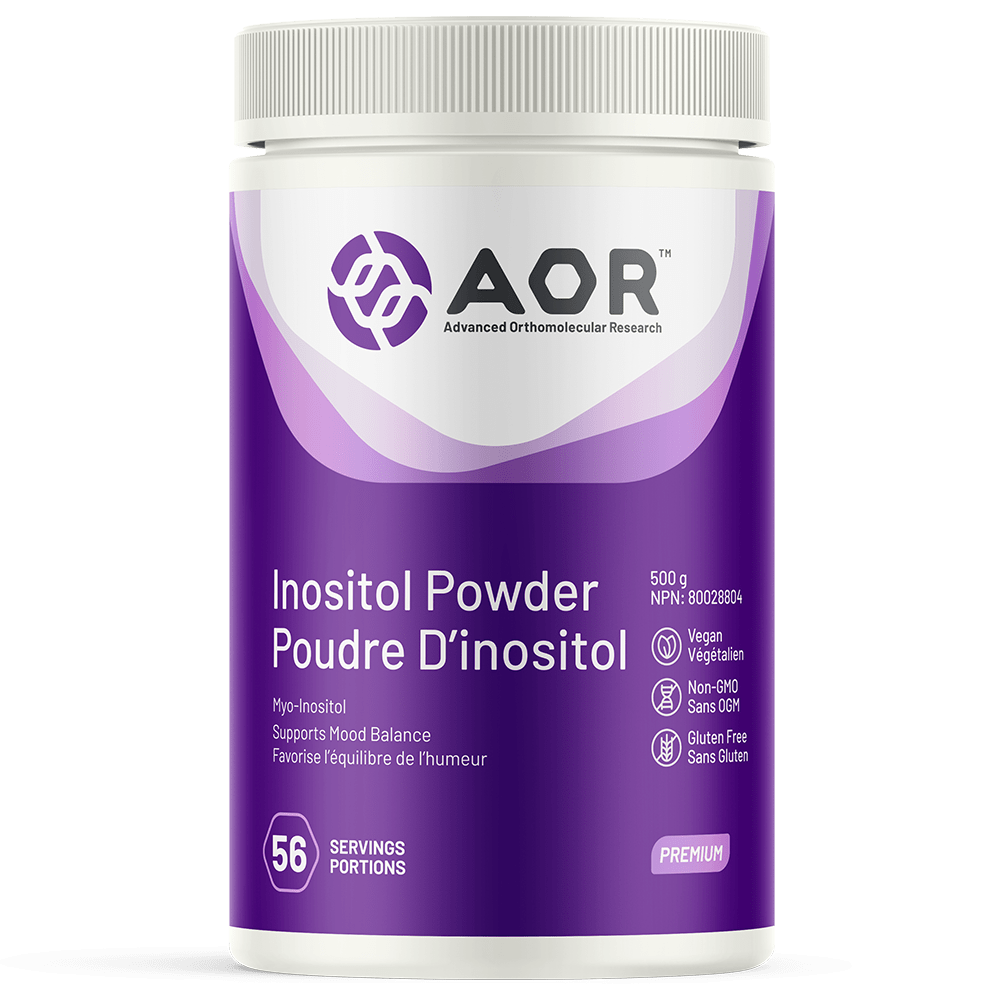
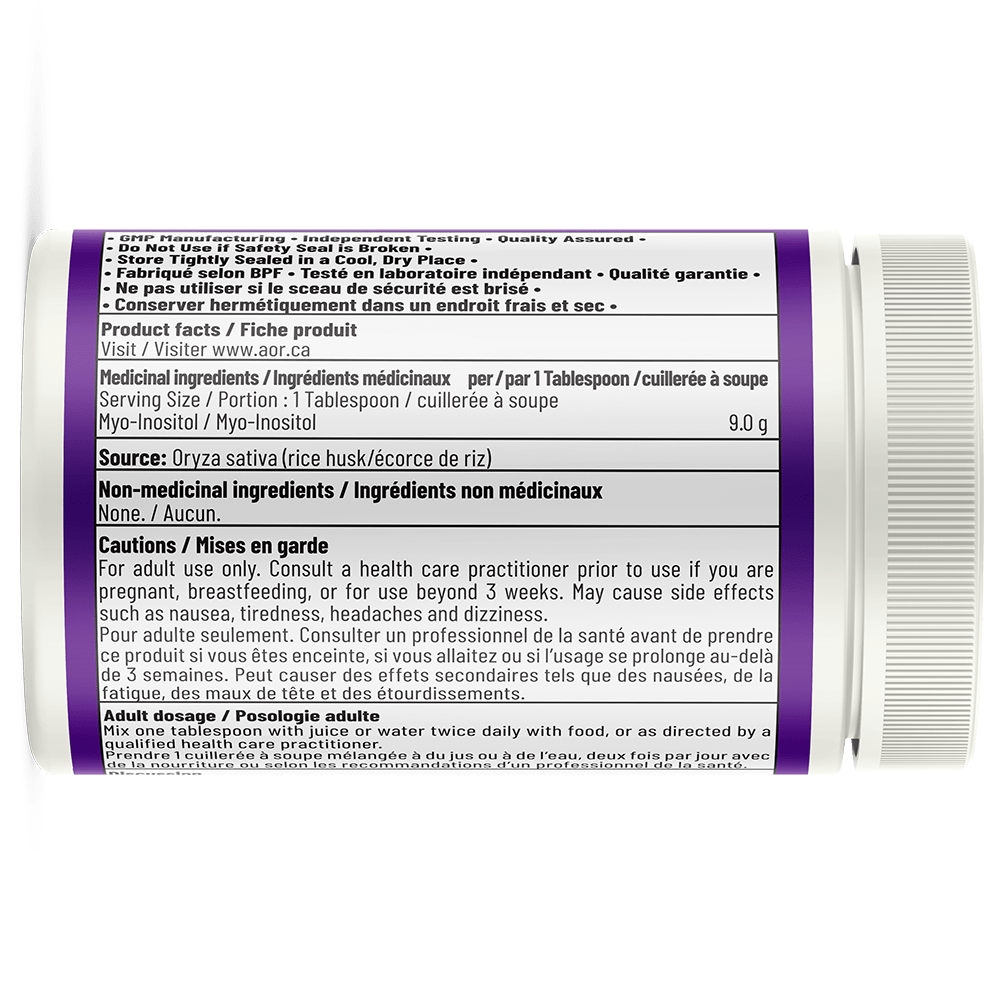
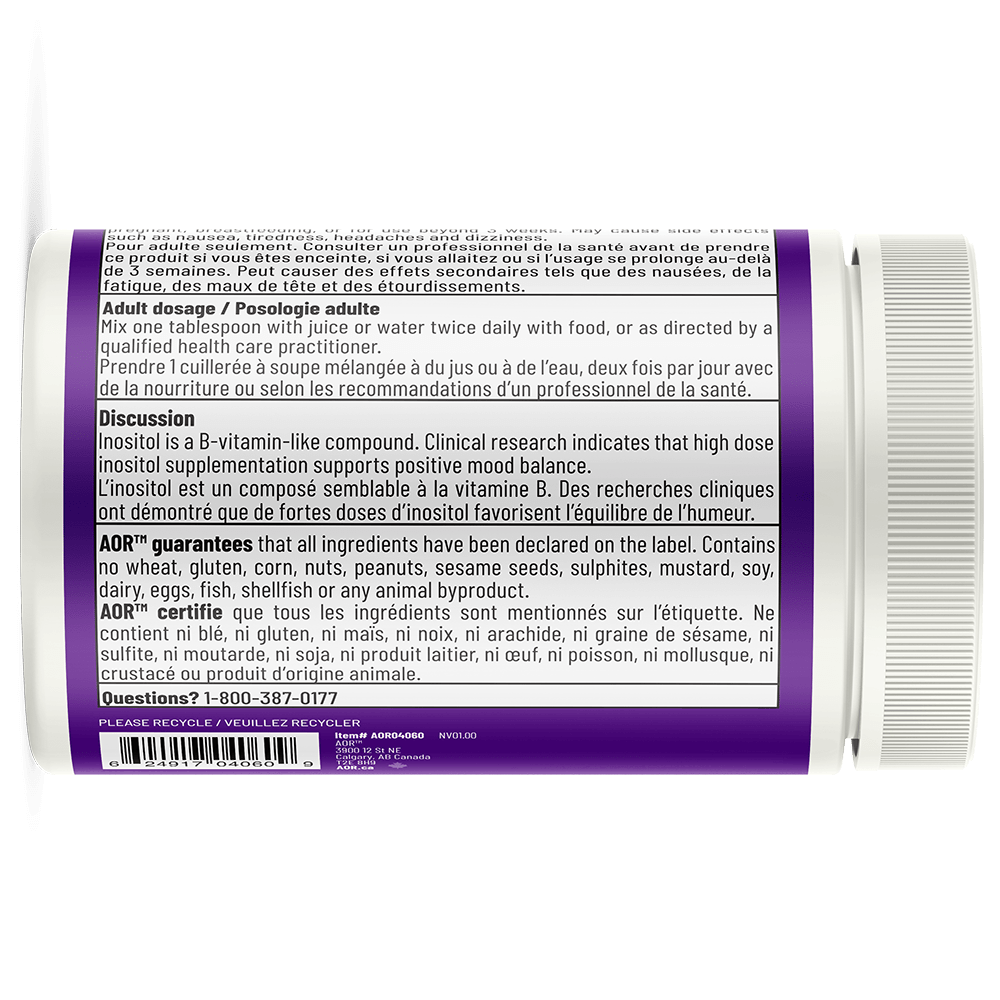
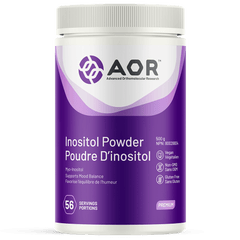
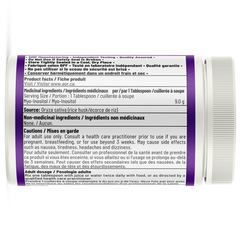
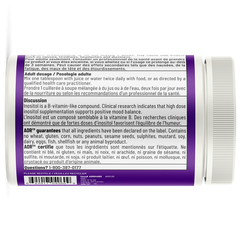
Inositol Powder
- 77.99$
0.00$- 77.99$
- Unit price
- per
Description
x- Promotes mood balance
- Useful for improving mental disorders
- Promotes the regulation of brain signaling systems
- Available in capsules and powder for various dosages and therapeutic effects
Inositol (or myo-inositol) is a vitamin B-like molecule often used to help regulate blood sugar, manage polycystic ovary syndrome (PCOS), and alleviate symptoms of mood disorders such as depression or anxiety. Inositol is essential for multiple signaling systems in the brain, as it helps improve the sensitivity of various receptors, thereby improving the transmission of messages from various hormones and neurotransmitters (brain messengers). This facilitates the action of hormones like insulin and neurotransmitters like serotonin and dopamine for greater effectiveness.
Studies have suggested that high doses of inositol can treat symptoms of behavioral and compulsive disorders, particularly those related to mood imbalances. Recent research also supports the role of low doses of inositol in cellular defense, normal cell growth, and differentiation, particularly in combination with IP-6 (inositol phytate or hexaphosphate).
People with poor blood sugar regulation, polycystic ovarian syndrome (PCOS), or mood disorders may benefit from AOR's inositol. This product can also be used as a preventative measure for those concerned about healthy cell growth and differentiation.
It's a B vitamin that has recently been praised for its ability to promote healthy mood balance, normal cell growth, and differentiation. AOR offers inositol in capsules and powder form, as different doses of inositol have different therapeutic effects. For people struggling with mood disorders, inositol powder is a new orthomolecular key that breaks the chains binding their minds.
As promising as the results of high-dose inositol studies may be, inositol powder is not a panacea for mental illness. Inositol is of no benefit to premenstrual dysphoric disorder, anergic schizophrenics, people with Alzheimer's disease, or autistic children. Indeed, high-dose inositol worsens attention deficit disorder in children. It appears that inositol is effective nutritional support for people with disorders that usually respond to SSRI medications, and for those who do not. This may also be a plausible explanation for the results of trials that found that combining inositol supplementation with current SSRI use does not lead to additional improvement in people with depression, partially responsive compulsive disorder, or depression immune to the effects of SSRIs themselves.
Produits recommandés
Produits récemment consultés
- Choosing a selection results in a full page refresh.




